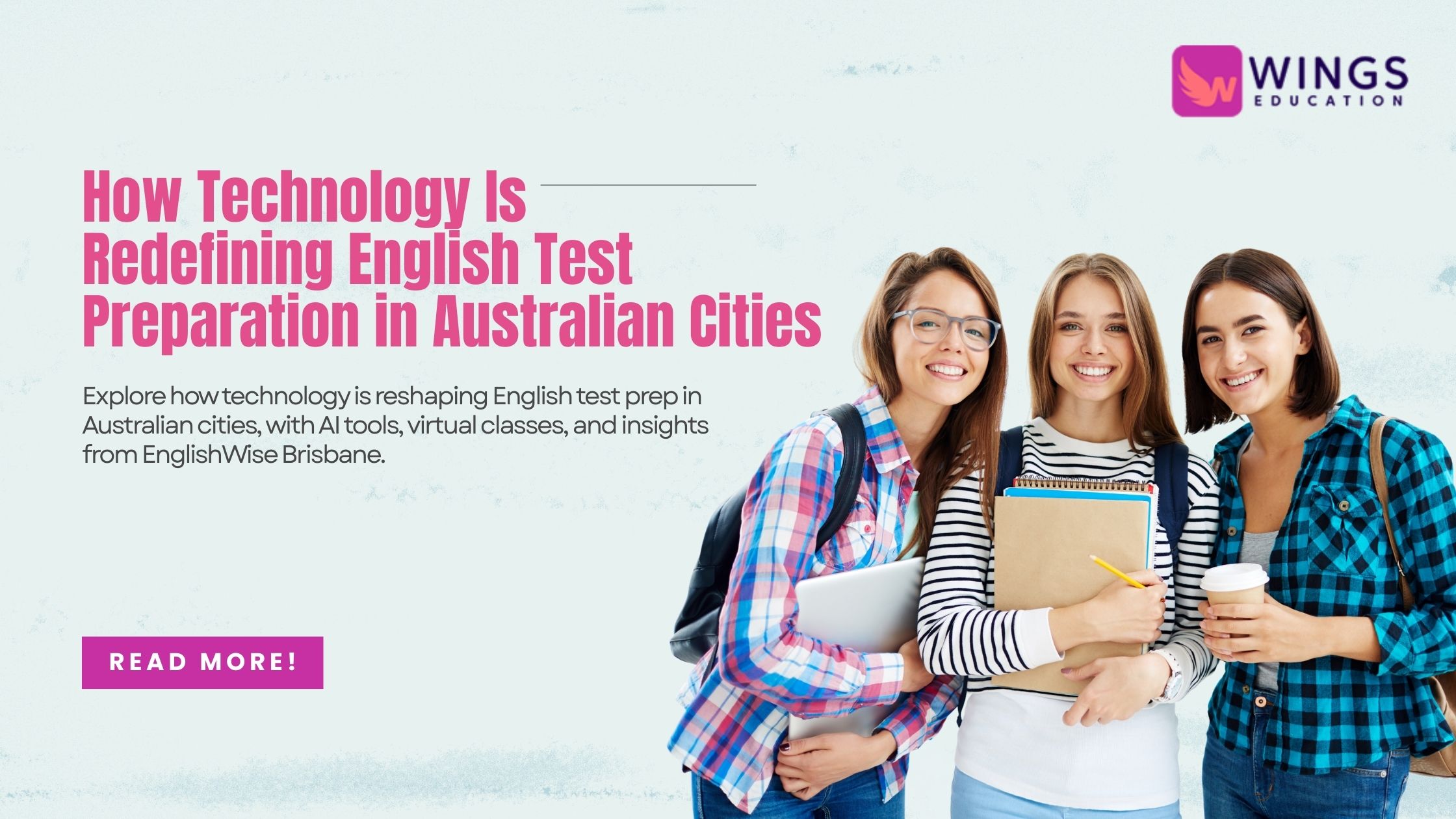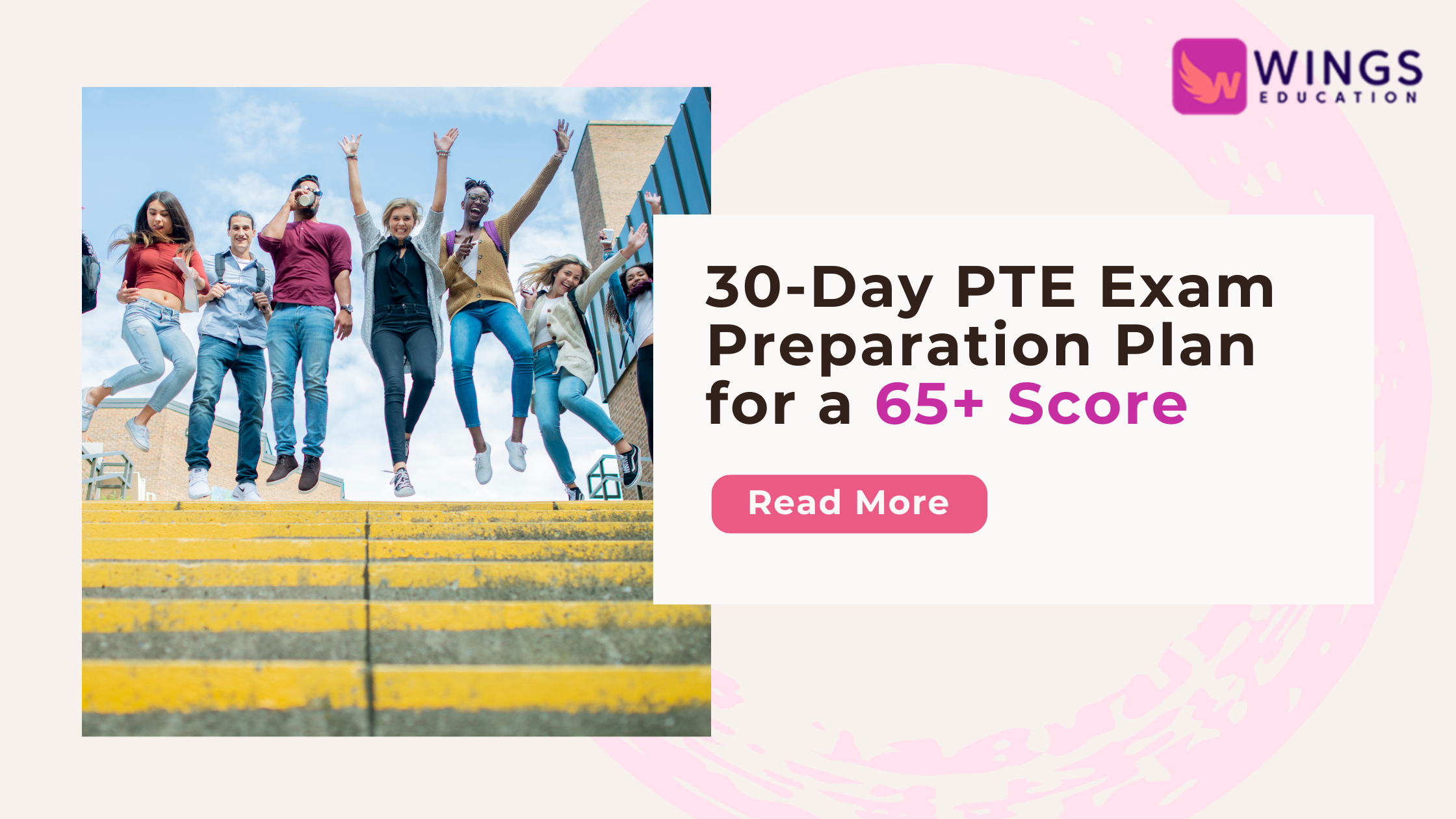
How Technology Is Redefining English Test Preparation in Australian Cities
Explore how technology is reshaping English test prep in Australian cities, with AI tools, virtual classes, and insights from EnglishWise Brisbane.
Ten years ago, preparing for an English test in Australia often meant sitting in a classroom with paper textbooks, recorded cassettes, and a teacher scribbling notes on a whiteboard. Students practiced essays by hand, listened to audio files on CDs, and waited days for feedback. Fast-forward to 2025, and the contrast is striking. Technology has transformed not just how students study but also how they think about language learning and test preparation.
From AI-driven scoring systems to virtual classrooms and real-time feedback tools, the landscape of English test preparation in Australian cities looks nothing like it did a decade ago. And while cities like Sydney and Melbourne have always been hotspots for international students, places such as Brisbane are increasingly standing out. Institutions like EnglishWise Brisbane represent this larger shift, blending technology with pedagogy in ways that meet the needs of today’s global learners.
The Digital Classroom Becomes the New Normal
When the pandemic pushed learning online, many assumed it was a temporary fix. But students quickly discovered that digital classrooms offered something traditional coaching often couldn’t—flexibility. Instead of rushing through traffic to attend a two-hour session, learners could log in from their living room, a café, or even while traveling between shifts.
By 2025, virtual classrooms are no longer the backup option—they’re the default for many students. Teachers share interactive whiteboards, students collaborate in breakout rooms, and instant chat systems allow for real-time doubt-clearing. In many Australian cities, online and offline education have merged into hybrid models, giving students the best of both worlds.
Institutes such as EnglishWise Brisbane reflect this change, where online modules aren’t an afterthought but an integrated part of the learning journey. Students can move seamlessly between classroom discussions and AI-powered practice tasks, creating a loop of learning that is continuous, adaptive, and accessible.
AI as the Invisible Coach
Artificial Intelligence has quietly become the unsung hero of English test preparation. In older systems, feedback was limited to human teachers grading assignments after class. But AI now provides immediate insights—whether it’s flagging repetitive grammar errors, highlighting weak vocabulary choices, or analyzing speaking fluency through voice recognition.
Imagine finishing a practice essay and receiving a detailed breakdown within seconds: sentence variety, lexical range, coherence, and even how closely your writing mirrors top-scoring responses. Or recording a speaking task and seeing an analysis of your pronunciation, intonation, and fluency in real time. These tools don’t replace teachers but complement them, making learning more personalized.
The appeal is obvious: technology transforms preparation from generic to specific. Instead of “your writing needs work,” students hear, “your conclusions are too short” or “you need stronger linking words.” In cities like Brisbane, where diverse student populations balance studies with part-time jobs, these targeted insights save time and sharpen focus.
Simulating the Test Experience
Another area where technology has changed the game is test simulation. English exams like PTE and IELTS often feel daunting because of their strict timing, unfamiliar interfaces, and high-stakes atmosphere. Traditional coaching centers could only approximate this with printed worksheets and manual timing.
Now, mock tests mirror the real exam interface down to the smallest detail. Students practice under timed conditions, with digital timers, automated voice prompts, and computer-based writing tasks. This familiarity reduces anxiety, as the actual exam feels like just another practice session.
Platforms tied to EnglishWise Brisbane and similar institutes provide multiple test simulations, allowing learners to monitor progress and adapt strategies. The technology doesn’t just teach content; it teaches comfort, and in high-pressure exams, comfort is half the battle.
Blending Human Insight with Digital Tools
One misconception about digital learning is that it strips away the human connection. But in Australian classrooms today, the opposite seems true. Teachers now have access to data-driven insights about student performance, allowing them to focus on what matters most.
For instance, if AI scoring reveals that a student consistently underperforms in listening tasks involving Australian accents, teachers can curate exercises targeting that weakness. Instead of guessing where students struggle, instructors enter classrooms armed with precise data.
This fusion of human mentorship and machine precision is particularly visible in institutions across Brisbane. EnglishWise Brisbane, for example, uses digital tracking not to replace teachers but to empower them. The technology does the groundwork, leaving instructors free to focus on encouragement, strategy, and nuanced explanations that only humans can provide.
The Role of Mobile Learning
It’s not just laptops and desktops driving the change—smartphones are now indispensable. Mobile apps deliver practice tests, vocabulary flashcards, and bite-sized exercises designed for commutes or study breaks. Students no longer think of test preparation as a separate “activity.” Instead, it integrates seamlessly into their lives.
Whether waiting for a bus in Melbourne or taking a lunch break in Brisbane, learners can squeeze in a listening task, record a speaking sample, or review writing prompts. This anytime-anywhere accessibility redefines preparation, turning idle moments into productive study sessions.
Mobile-first learning has made test prep democratic. No longer tied to rigid schedules, students create their own rhythm—one that fits modern lifestyles marked by multitasking and constant movement.
Beyond the Classroom: Online Communities and Peer Learning
Another overlooked benefit of technology is the rise of peer networks. Online forums, study groups, and digital communities bring together learners from across Australia and beyond. Students exchange tips, share resources, and even evaluate each other’s responses.
This peer-driven learning adds depth to preparation. Instead of relying solely on teachers, learners absorb diverse perspectives, discover new study hacks, and develop a sense of camaraderie that eases the often stressful journey of test prep.
In Brisbane, digital platforms tied to institutes like EnglishWise Brisbane allow learners to connect not only with classmates but with a broader international community. The result is a blend of local expertise and global collaboration.
Challenges of Tech-Driven Prep
It’s also important to acknowledge that learning through technology requires a mindset shift. Students must take greater ownership of their preparation, setting schedules, tracking progress, and staying motivated without the immediate presence of a teacher. For some, this independence is empowering; for others, it can initially feel overwhelming. However, overcoming these challenges often builds skills that extend beyond the exam itself—critical thinking, self-regulation, and adaptability become part of the student’s broader academic and professional toolkit.
Technical hurdles, too, are steadily decreasing. Internet speeds are improving across urban and regional areas, and many platforms now offer offline or low-data modes to ensure uninterrupted learning. Devices are more affordable, and tutorials guide students on maximizing digital tools effectively. Even when obstacles arise, tech-savvy instructors provide timely support, bridging gaps and ensuring students remain on track.
Ultimately, the challenges of online learning are surmountable, and in mastering them, students gain not just exam readiness but lifelong digital competencies.
Why Brisbane Is Emerging as a Tech-Prep Hub
Brisbane’s appeal goes beyond just its climate and cost of living; it’s the city’s approach to education that sets it apart. Institutions across Brisbane have recognized that modern students need more than static lessons—they need dynamic, interactive, and technology-integrated learning experiences. From AI-assisted practice tests to interactive virtual classrooms, the city’s coaching centers are creating environments that replicate real exam conditions while remaining accessible from anywhere.
For international students, this approach is particularly valuable. They can experience accents from across the English-speaking world, participate in virtual group discussions, and receive personalized feedback without leaving their accommodation. Platforms like EnglishWise Brisbane exemplify this shift, but it’s indicative of a larger trend where Brisbane itself is becoming a testing ground for innovative educational methods. The city’s combination of technological adoption, student-focused infrastructure, and a multicultural learning community positions it as a leader in preparing students not just for exams, but for real-world English proficiency.
Looking Ahead: The Next Frontier
By 2030, the line between practice and the real exam could become almost invisible. Students might step into fully interactive virtual classrooms where listening exercises simulate noisy cafes or bustling airports, and speaking tasks include AI-generated conversations with native speakers who respond naturally to tone, pacing, and context. Writing modules could provide instant feedback not only on grammar and vocabulary but also on logical flow, argument strength, and cultural nuances.
Moreover, adaptive learning systems may track a student’s progress across months, adjusting difficulty levels in real time to target weak areas while reinforcing strengths. The combination of VR immersion, AI analytics, and personalized study paths promises to make test preparation more efficient, engaging, and realistic than ever before.
Cities like Brisbane, already embracing tech-driven education through institutions like EnglishWise Brisbane, are likely to serve as innovation hubs, shaping the way English test preparation evolve nationwide. By 2030, this integration of technology and learning could set new global benchmarks.
Conclusion: A Future Defined by Technology and Choice
The transformation of English test preparation in Australian cities is more than a trend—it’s a redefinition of learning itself. From AI feedback to virtual classrooms, from mobile apps to online communities, technology has made preparation more flexible, personalized, and aligned with real exam experiences.
Institutes such as EnglishWise Brisbane exemplify this shift, showing how technology can support—not replace—human teachers in guiding students toward success. As learners across Australia embrace digital-first methods, the question is no longer whether technology belongs in education, but how far it can take us.
One thing is certain: the days of paper notes and cassette recordings are gone. The future of English test preparation is digital, dynamic, and deeply human at the same time.























